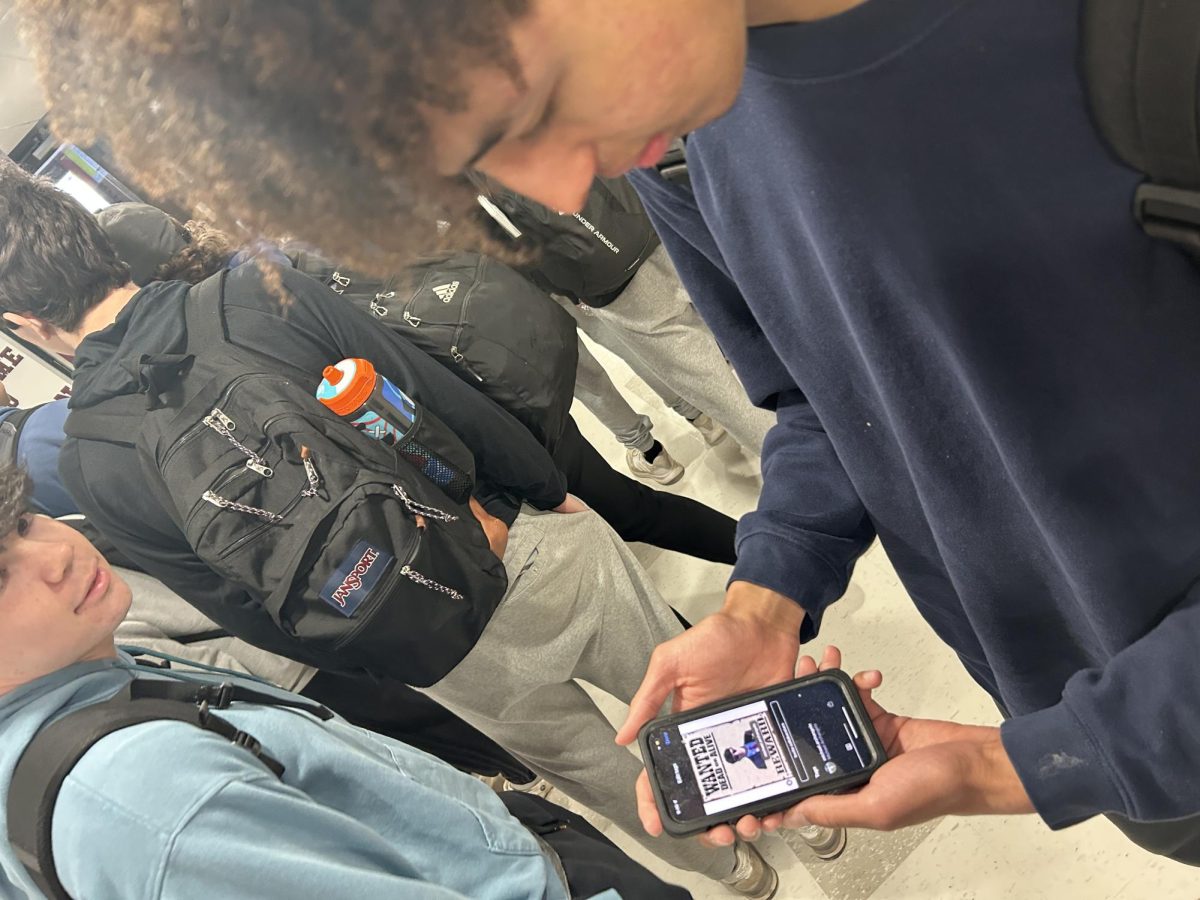BY JULIA TARINELLI
With daylight savings time starting just this month, Florida has passed a bill to implement it year-round, just as various New England states proposed last fall. While the change would bring an end to early winter sunsets, it comes with the drawback of less light in the morning. The northeast faces additional logistical issues depending on which states convert and which ones stay back.
While states have the option to opt out of daylight savings, as Arizona and Hawaii have, the federal government still has control over timezones and daylight savings, so Florida’s bill has to pass through Congress to actually take effect. If implemented, the change would effectively move the state from Eastern Standard Time to Atlantic Standard Time, joining eastern parts of Canada and Puerto Rico.
Similar proposals, spearheaded by Massachusetts and Maine, were put through some state legislatures here in New England last fall. As the easternmost part of a very large timezone, our 4 p.m. winter sunsets are about an hour earlier than those on the west end of Eastern Standard Time, making it appealing to move to Atlantic time.
Just changing the clocks at all has its own issues, as it has been linked to increased rates of health issues, accidents, and sleep deprivation. Besides having more time to do things after work and school gets out, additional sunlight could also cut down on electricity costs and reduce the negative effects on people’s moods that winter often brings.
However, shifting sunset back an hour also shifts the sunrise later. This is especially problematic for students, who have early wake up times. Elementary schoolers would be getting on the bus in the dark, and high schoolers driving themselves to school would face similar issues. Some states have suggested moving back school start times to solve the issue, and to help teenagers get adequate sleep.
Even as it stands now, the northeast still faces some dark sunrises. Senior Linnea Fiedler-Hoerle said that a shift to year round daylight savings time wouldn’t bother her too much, as “lots of people still go to school in the dark in the winter anyways.” On the other hand, Fiedler-Hoerle would not welcome a later school start time, as the extra daylight would just be spent in school.
For now, states are waiting until a regional decision can be made. Any change made would have to include all of New England, or travel and communication between states would become a major headache.
The issue of whether New York City will also switch is extra pressing, especially for commuters from Connecticut. Working in a different time zone than home creates all kinds of logistical problems.
Recently, a special commission in Massachusetts voted its recommendation that Massachusetts opt out of the seasonal time change. According to a Washington Examiner article, Republican state Rep. Paul Frost of the Massachusetts commission, who voted against the bill, found it “absolutely necessary that New York join as a condition,” not only for economic reasons but also due to transportation and television broadcasts.
In addition to Florida and New England, many other states have attempted other alterations to daylight savings like removing it all together, but none have made it very far.
Florida Votes for Year-Round Daylight Savings: Could New England Do The Same?
March 22, 2018
0
More to Discover












